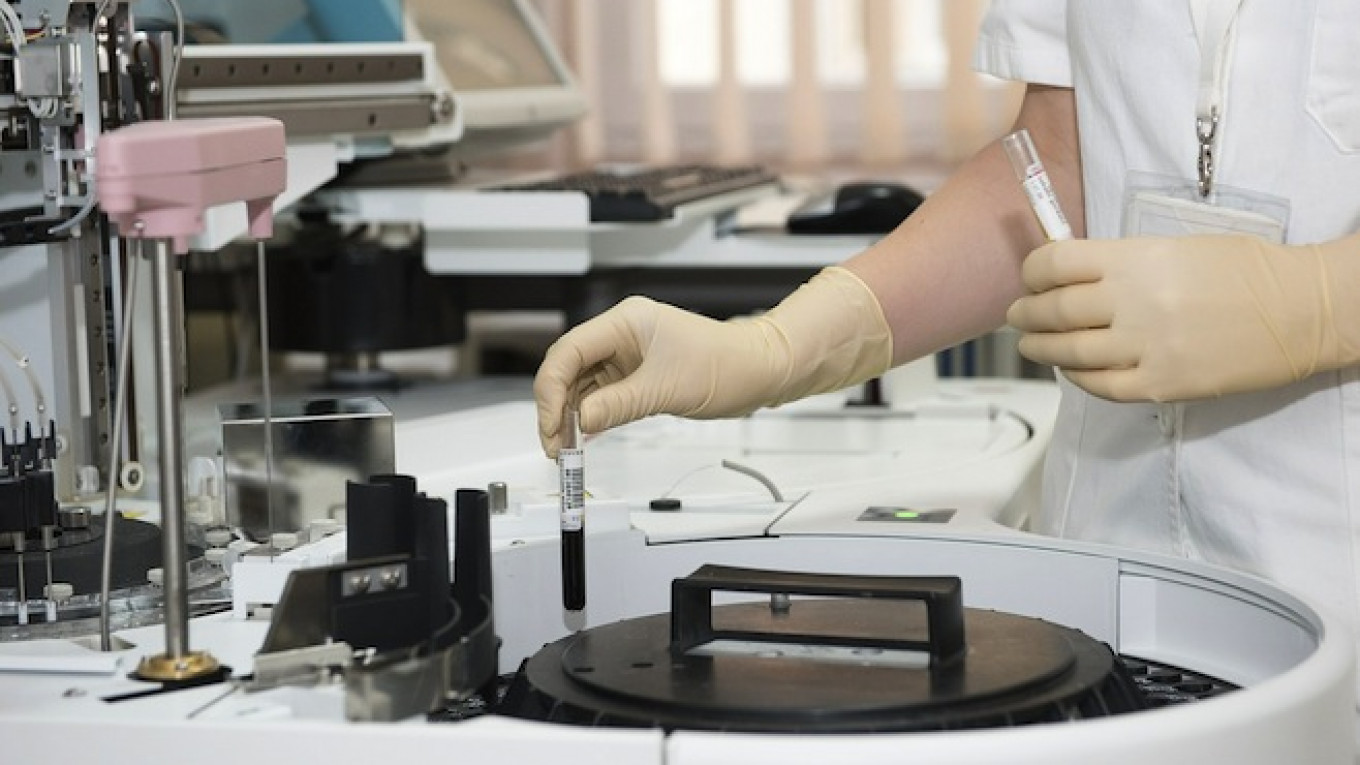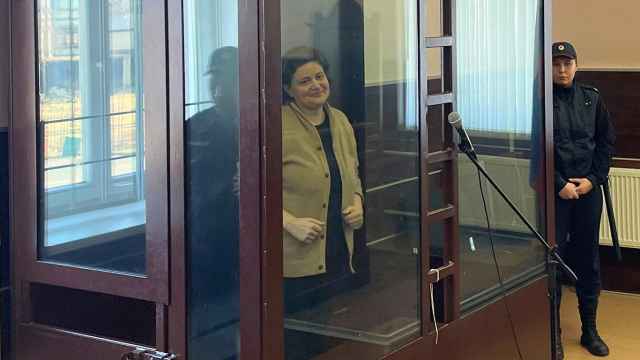Several Russian NGOs appealed to the government last week to reconsider banning foreign-made medical goods, Kommersant newspaper reported Monday.
The heads of several organizations including the Vera (Faith) hospice charity foundation and cancer charity Podari Zhizn (Give Life) signed a letter addressed to Prime Minister Dmitry Medvedev that proposed creating a group of experts to consider the interests of patients during the revision of the bill outlining the ban, the report said.
Last month, the Industry and Trade Ministry proposed limiting the amount of foreign-made medical goods and equipment allowed into the country in a move to reduce reliance on imports, according to a document published on the government's website.
The ban would only apply to state purchases, not those by private enterprises, and would not apply to medical equipment imports from Armenia, Belarus and Kazakhstan, members of the Russia-led Eurasian Economic Union.
The initiative calls for a ban on imported X-ray machines, ultrasound machines, defibrillators, incubators and other medical equipment. The list of items subject to restriction also includes condoms, bandages, medical masks, crutches, prosthetic devices and orthopedic footwear.
In their letter, the NGOs asked Medvedev to assess the Russian market of medical items and make sure there are alternatives to foreign products, Kommersant reported, citing a copy of the letter. Some imported goods, according to experts, shouldn't be put on the list yet, as their Russian analogues are of worse quality and may harm patients.
For example, Russian bandages are more likely to make wounds fester, anti-bedsore mattresses produced in the Eurasian Economic Union are made of more slippery material and can even contribute to the formation of bedsores, and Russian lung ventilators aren't suitable for patients in a serious condition or for longterm use, the NGO experts said in the letter.
Passing the bill might lead to Russian medical institutions not using foreign equipment at all, the letter said, which could result in a decrease in the quality of the country's medical care.
The public discussion of the bill lasted two weeks and ended Monday. But the document can be modified even after the discussion is over, an unidentified source in the Russian government told Kommersant on Monday.
The Russian government has been pushing for import substitution in key sectors of Russian industry amid its confrontation with the West over the Ukraine crisis.
Contact the author at d.litvinova@imedia.ru
A Message from The Moscow Times:
Dear readers,
We are facing unprecedented challenges. Russia's Prosecutor General's Office has designated The Moscow Times as an "undesirable" organization, criminalizing our work and putting our staff at risk of prosecution. This follows our earlier unjust labeling as a "foreign agent."
These actions are direct attempts to silence independent journalism in Russia. The authorities claim our work "discredits the decisions of the Russian leadership." We see things differently: we strive to provide accurate, unbiased reporting on Russia.
We, the journalists of The Moscow Times, refuse to be silenced. But to continue our work, we need your help.
Your support, no matter how small, makes a world of difference. If you can, please support us monthly starting from just $2. It's quick to set up, and every contribution makes a significant impact.
By supporting The Moscow Times, you're defending open, independent journalism in the face of repression. Thank you for standing with us.
Remind me later.






